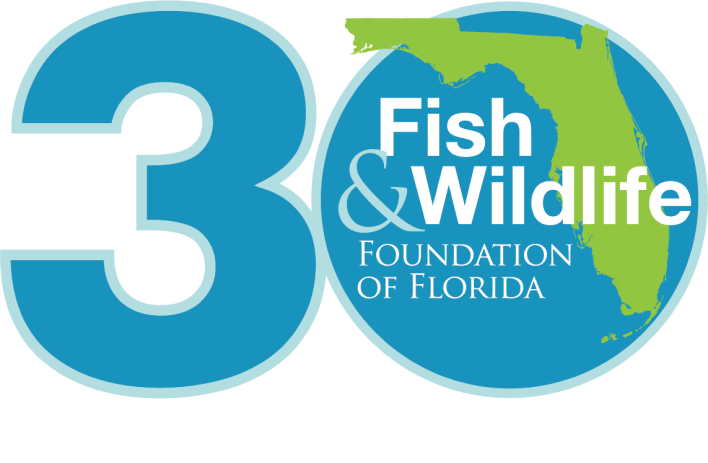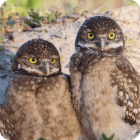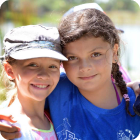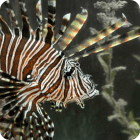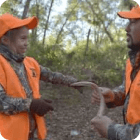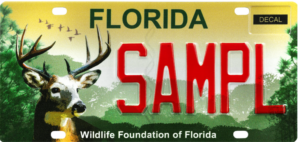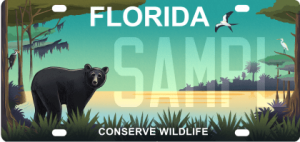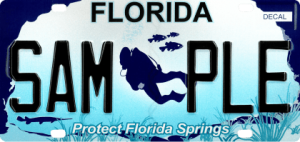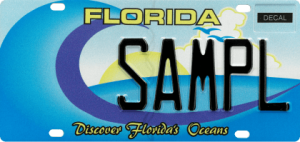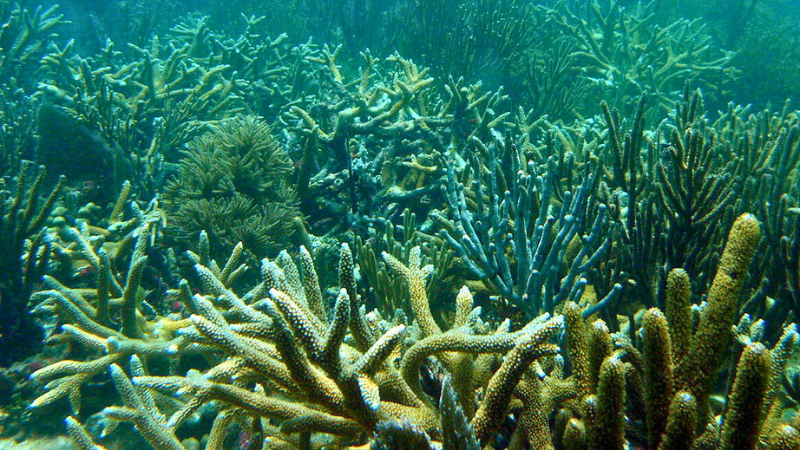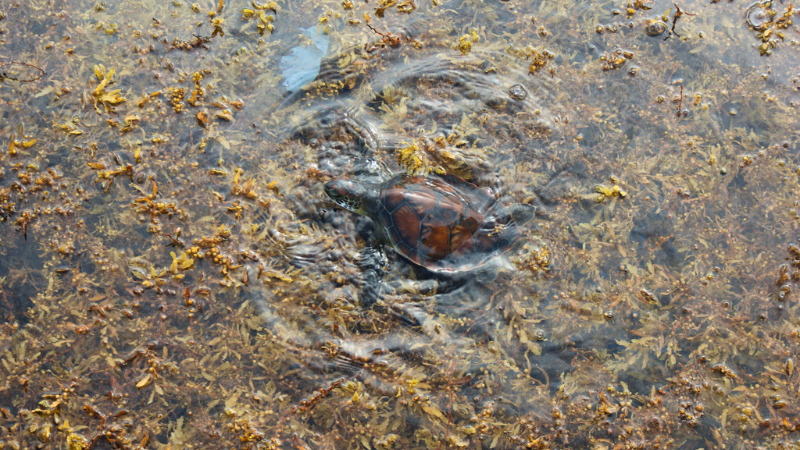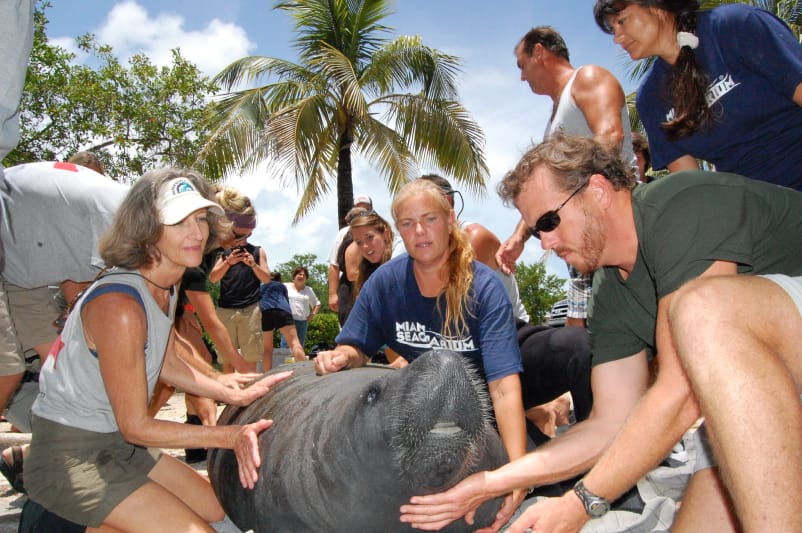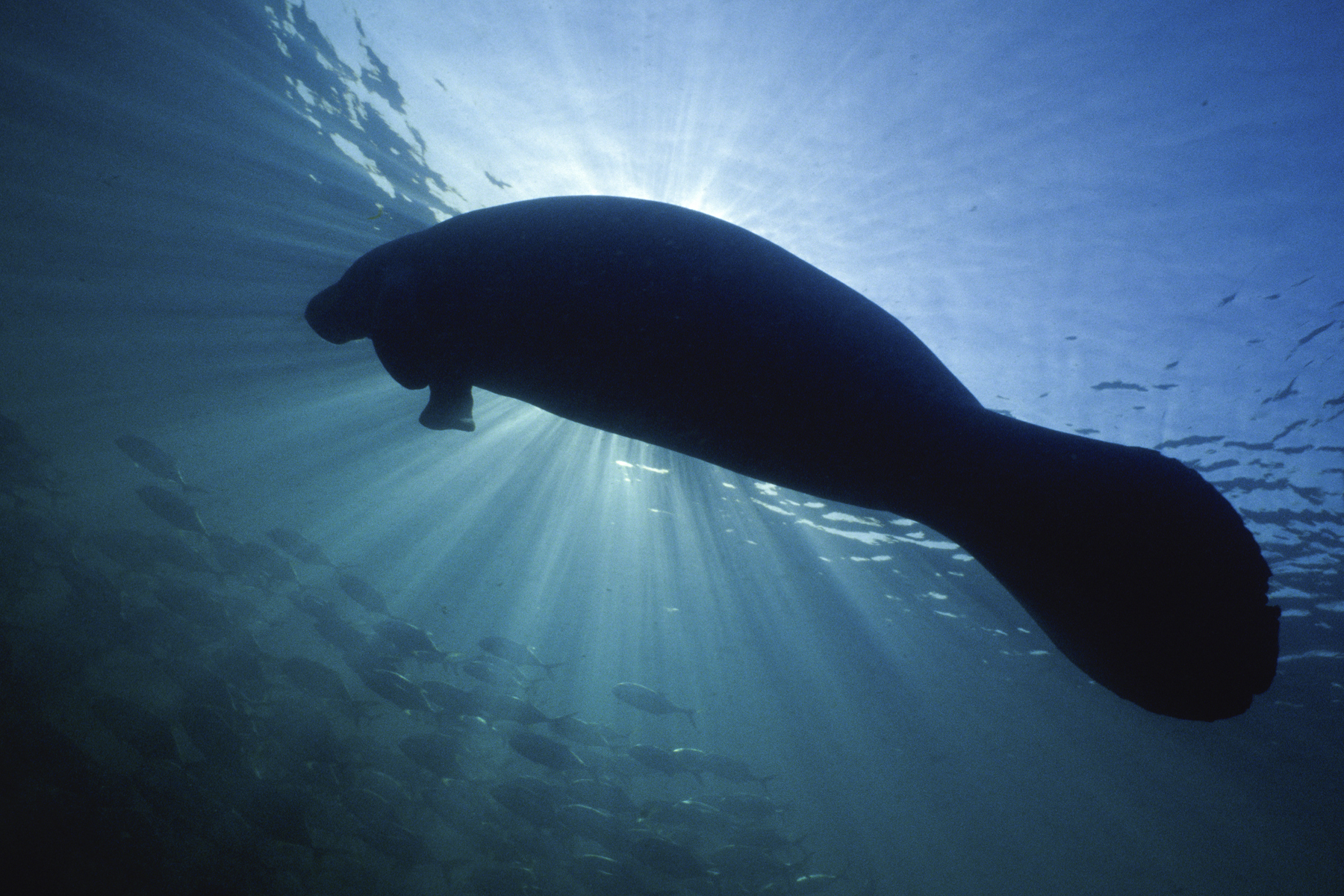
 While manatees have no natural predators, their population in Florida is threatened by boat strikes, red tide, and, most recently, starvation. When water temperatures are above 68 degrees, manatees can be found throughout the state. But in colder months, manatees follow migratory patterns, returning to springs and power plants where the water is warmer. The waterways of the Indian River Lagoon are a popular winter haven thanks to the Florida Power & Light’s (FPL) Cape Canaveral Clean Energy Center and previously lush seagrass and eelgrass meadows, a major food source. These grasses are not only a manatee snack, they’re imperative to support healthy water quality and ecosystems for a number of species. Seagrass beds serve as nurseries for juvenile fish, habitats for clams and shrimp, and underwater filtration systems, adding oxygen to the water.
While manatees have no natural predators, their population in Florida is threatened by boat strikes, red tide, and, most recently, starvation. When water temperatures are above 68 degrees, manatees can be found throughout the state. But in colder months, manatees follow migratory patterns, returning to springs and power plants where the water is warmer. The waterways of the Indian River Lagoon are a popular winter haven thanks to the Florida Power & Light’s (FPL) Cape Canaveral Clean Energy Center and previously lush seagrass and eelgrass meadows, a major food source. These grasses are not only a manatee snack, they’re imperative to support healthy water quality and ecosystems for a number of species. Seagrass beds serve as nurseries for juvenile fish, habitats for clams and shrimp, and underwater filtration systems, adding oxygen to the water.
Sadly, the Indian River Lagoon is in an ecological crisis. The seagrass-based coastal estuary has been ravaged by nutrient pollution, resulting in toxic algae blooms. Algae blooms block sunlight from reaching the grass, stopping photosynthesis and killing the plants. Previously lush meadows have turned into deserts.
Countless agencies and organizations like Florida’s Department of Environmental Protection, Sea & Shoreline, and Bonefish & Tarpon Trust have dedicated funds and operations to heal the lagoon. Our Foundation, thanks to Bass Pro Shops and Cabela’s Outdoor Fund, the Coastal Conservation Association, the Coypu Foundation, the Arthur L. & Elaine V. Johnson Foundation, Mr. Daniel Maltz, and 150+ other individual donors, raised $240,000 to replant seven beds in the lagoon where water quality allows.
Planting new meadows is crucial to correcting the damage done to the lagoon, but will take years to make a sizeable impact. Unfortunately, the manatees this winter need a quicker solution. Enter: FWC’s unprecedented supplemental feeding trial.
The small-scale feeding trial is designed to reduce manatee mortality while providing data on how future supplemental trials may affect larger populations. In addition, if supplemental feeding is able to keep any number of manatees out of rehabilitation centers and in their natural environment, more room will be available for injured or sick individuals from other areas of the state. The chosen supplemental food source is romaine lettuce, which will be administered in a non-habit forming manner and not by hand or via boats. FWC reminds concerned residents to not feed manatees; it’s illegal and can result in life-threatening behaviors in manatees.
If you are interested in supporting the supplemental feeding trial or funding habitat restoration in the Indian River Lagoon, donate to our Marine Mammal Fund or purchase a specialty license plate.
Moving injured and sick manatees is a big undertaking. Even underweight manatees are still hundreds of pounds and require special transportation. In anticipation of manatees in need of rescue this winter, FPL is funding a manatee rescue transport truck for FWC as part of its $700,000 recent manatee commitment. FWC will use the new rescue truck, in addition to its existing fleet, to transport manatees in need of rehabilitation to locations around the state. FWC also created a Temporary Field Response Station at FPL’s Cape Canaveral Clean Energy Center to support efforts already underway in the central Indian River Lagoon, such as manatee rescues, carcass recovery, and limited field health assessments.
The threats facing manatees in the Indian River Lagoon require a multi-pronged approach, addressing the immediate and long-term needs of Florida’s iconic marine mammal. We are proud to be working with partners like FWC, FPL, DEP, and you to find innovative solutions to save our state’s iconic manatees.
